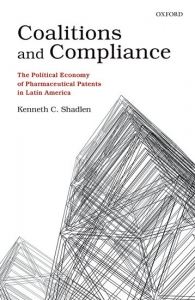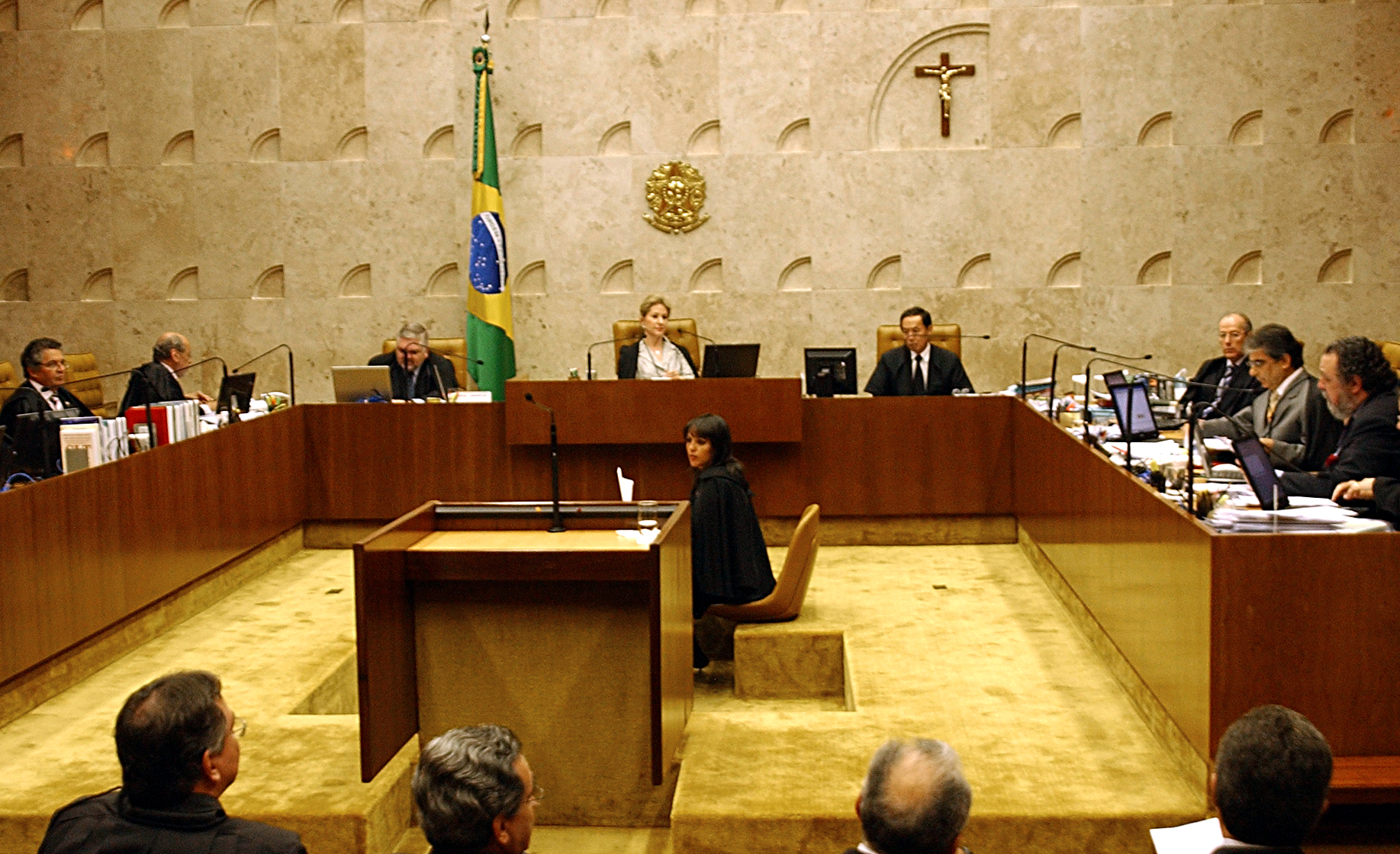In Coalitions and Compliance, Kenneth Shadlen, Professor of Development Studies and Head of Department in the Department of International Development, examines how international changes can reconfigure domestic politics. The book presents global changes in intellectual property, particularly regarding pharmaceutical patents, and the ensuing challenges for developing countries through a systematic comparative analysis of pharmaceutical patent politics in Latin America’s three largest countries over two time periods.
Professor in Practice, Duncan Green, reviews the book for his Oxfam blog, From Poverty to Power.
Coalitions and Compliance: The Political Economy of Pharmaceutical Patents in Latin America. Kenneth Shadlen. Oxford University Press. 2017.
 Back in the early noughties, I was an NGO trade wonk, prowling the corridors of the WTO and having a fun time at a series of highly theatrical biannual ‘ministerials’ (Seattle 1999 (collapse), Doha 2001 (trade talks launched), Cancún 2003 (another collapse)). Over the course of those campaigns, we grew increasingly vociferous about the need for developing countries to retain ‘policy space’ – the ability to decide their trade policies in accordance with their own needs, rather than some edict from Geneva or Washington. Not surprisingly, developing country delegates lapped it up.
Back in the early noughties, I was an NGO trade wonk, prowling the corridors of the WTO and having a fun time at a series of highly theatrical biannual ‘ministerials’ (Seattle 1999 (collapse), Doha 2001 (trade talks launched), Cancún 2003 (another collapse)). Over the course of those campaigns, we grew increasingly vociferous about the need for developing countries to retain ‘policy space’ – the ability to decide their trade policies in accordance with their own needs, rather than some edict from Geneva or Washington. Not surprisingly, developing country delegates lapped it up.
But we never thought much about what was likely to happen inside that space – would governments use all the leeway they had, or simply do what the World Bank or US Trade Representative told them to do?
A new book by my LSE colleague Ken Shadlen sheds some light on the question we never asked. He looks at how Latin America’s three big – Argentina, Brazil and Mexico, reacted to the intense pressure from the US and its allies to introduce patent rules on drugs.
The policy tsunami around patents was unstoppable. By the mid-2000s, all but the very poorest developing countries had introduced pharmaceutical patents. But the story doesn’t end there. What Ken explores is what happened next – what determined the way patents were introduced and then revised in the three countries?
The behaviours were very different: Argentina went for minimalist compliance, introducing parallel defensive laws and regulations to try and help local firms stay dominant in the sector. Brazil opted for a ‘neo-developmentalist’ approach, jumping into innovation and tech upgrading to try and stay ahead of the game. Poor old Mexico simply rolled over, embracing patent rules with all the zeal of a convert, effectively wiping out its domestic companies.
The origins of the divergence lie in domestic politics in the 3 countries. The decisive players in all three countries were local companies, presidents, health ministries and the US ‘pharmaceutical-government complex’ (my words not Shadlen’s).
In Argentina, President Carlos Menem was eager to curry favour with the US and tried to ‘over-comply’ on patent rules. But he failed, blocked by strong Argentine drugs firms who worked with their contacts in the health services and retail sector to set up a powerful defensive coalition.
At the other extreme, Mexico’s president, Carlos Salinas, was roughly on the same page as Menem, but got his way because Mexico was that much more dependent on the US. In addition, NAFTA was being negotiated at some crucial points of the process, and the local pharmaceutical sector allowed itself to be bought off with some favourable government purchasing rules within NAFTA, which proved not enough to prevent the local sector’s extinction.
In Brazil, like Mexico, the domestic pharmaceutical sector was pretty weak, but it found some important allies among social movements, NGOs and legislators at a time when the Left was resurgent (leading to Lula de Silva becoming president at the head of a Workers Party government in 2003). An HIV/AIDS crisis further strengthened the hand of reformers in revising patent rules to ensure access to vital medicines.
The impacts of the first stage of adoption then shaped the second stage of revision: the level of divergence between the three countries narrowed – after all, they all had some kind of patent rules now. But there was still elbow room, and the relative political strengths of the domestic industry, government, health ministry, trading partners and civil society are still being played out in patent politics.
Shadlen is struck by the limitations on Presidents’ ability to impose their will, either when the spotlight is on, in the first stage of adoption, but even in the lower profile work of revising regulations in the second stage. It brought to mind Karl Marx’s wonderful line‘Men make their own history, but they do not make it as they please; they do not make it under self-selected circumstances, but under circumstances existing already, given and transmitted from the past. The tradition of all dead generations weighs like a nightmare on the brains of the living.’
In a second stage, countries adapt the rules in light of their experience of adoption. They typically opt for a mix of ‘tailoring’ the rules and ‘aspiring’ to modernize and innovate. Shadlen likens it to being given a new set of clothes: you can either adjust the clothes (tailoring), or you adjust yourself by going to the gym (aspiring). Of the three, Brazil has been the keenest gym monkey, but this comes at a political cost – aspiring undermines tailoring: as pharma companies seek to take advantage of government innovation funds etc, they become less interested in tailoring the rules and protecting policy space.
Ken’s wider point is on how globalization interacts with national politics. Yes, globalization creates pressures for all countries to converge towards more or less similar rules, but ‘Persistent differentiation in the context of overarching convergence and not uniformity, is the hallmark of globalization’.
*END*
Ken Shadlen, Professor of Development Studies and Head of Department in the Department of International Development gave an interview to Intellectual Property Watch about his recently published book. You can read the interview here.
This article was first posted in oxfamblogs.org/fp2p.
The views expressed in this post are those of the author and in no way reflect those of the International Development LSE blog or the London School of Economics and Political Science.





